#CarDealerships
TTAC Rewind: The Six People You Meet in the Car Business
Today's reading is an interesting feature from a few years back on who meet in the car-dealership business.
Illinois Car Dealer Forced to Refund Employees' Retirement Accounts
Today's shady dealership story comes to us from the Chicago suburb of St. Charles.
This is where Nissan of St. Charles owner Fred Vargason was forced to pay more than $13,000 out of his personal accounts toward his employees' retirement funds.
Violated: Wisconsin Car Dealer Crosses an Unsanitary Line
This is a weird one. It's another "shady dealer" story, but unlike the alleged scam we covered yesterday, this one is just plain gross.
QOTD: Have You Any Dealership Stories?
You've likely heard about the craziness that's happening at car dealerships right now. We've reported on insane markups, for example. And I've heard whispers, anecdotally, that so-and-so's friend's co-worker's cousin who's going with this girl who works at 31 Flavors got screwed when trying to buy a new car.
Decades-Old Grudge Leads to Torched Cars at Indiana Dealership
We've heard of holding grudges, but what happened at an Indiana car dealership recently has set our minds on fire.
Genesis Leaves the Nest With First Solo Store
Genesis is an interesting brand. Decades after Japanese automakers launched premium nameplates of their own, South Korea’s Hyundai decided to spin off one of its sedans into an entire luxury sub-brand in 2015. The resulting vehicles have been solid performers, representing excellent value for individuals in the market for something fancier. Genesis is building real luxury cars and working to differentiate those models from Hyundai Motor Groups’ mainstream products.
But it’s had to overcome plenty of obstacles. While Genesis’ product might be dunking on some of the other Asian luxury brands, achieving the same notoriety has been difficult for the fresh nameplate. The company also isn’t targeting Acura, Infiniti, and Lexus. Its sights are set on the Germans, with many vehicles already comparing favorably. But if Genesis is to become a serious rival, it needs to distance itself from the Hyundai and Kia models it traditionally shares a lot with — resulting in its very first standalone retail store in the United States.
Ford CEO Asks Dealers to End Markups, Plans Punishment
You’re probably well acquainted with dealer markups by now. Supply shortages created during the pandemic have left the world with fewer automobiles and car dealerships are taking full advantage of the elevated demand. As you might have expected, this trend resulted in plenty of people overpaying or becoming cautious of a market they now see as wildly predatory.
Car manufacturers have begun asking dealerships to take it easy on the price gouging. General Motors made its plea last week and Ford has followed up by reiterating its own concerns during the company’s Q4 2021 earnings report. The Oval is worried that dealer markups are tainting its relationship with customers, with top executives making casual references to the trend back in November. Ford CEO Jim Farley is now telling dealers that they need to cut it out lest they be punished by the manufacturer.
Where Your Author Investigates Some Online Car Buying Services
Given the constant hassles of Volkswagen Golf ownership lately, and how every media outlet is shouting “Highest Used Car Pricing Ever” as loudly as possible, I’ve been pondering selling the Golf to a dealer. No Facebook idiots, no trade-in for something else, just a sale.
Here in The Current Year, there are many companies that purport to give you both the best deal possible and make the car selling process seamless. I found out this week what five such companies are like in the early stages.
What Not to Say When Buying a New Car
Buying a new car usually requires visiting a dealership. That puts you at a disadvantage: You’re on foreign soil, and they know you don’t know your way around.
Nissan Allowing Customers to Compare Toyota RAV4 at Dealerships
Nissan will begin encouraging dealerships to place examples of the Toyota RAV4 on their lots so customers will have the ability to compare the best-selling vehicle in America that isn’t a pickup truck against its own Rogue. While pitting your bread and butter against a model that is often better reviewed and outsells it by a margin of nearly 2-to-1 seems foolish, we think we see where Nissan is going with this plan.
Toyota’s RAV4 retails a bit higher than Nissan’s Rogue and its base LE trim is about as basic as it gets for the segment. We’re willing to bet that’s the model that will be used in comparisons. As both are fairly appliance-like automobiles to drive, this gives Nissan an opportunity to showcase the Rogue’s slight advantage in overall comfort and features without being eclipsed by a better-equipped RAV4. Meanwhile, customers finding themselves less interested in crossovers than they were upon arrival are free to browse the rest of the Nissan lot.
NADA Expands Diversity Quotas, Implements New Equity Programs
The National Automobile Dealers Association (NADA) has announced a decision to strengthen diversity quotas by dividing the country into three distinct regions and passing a bylaw amendment that expands the number of at-large seats reserved women and ethnic minorities — moving both from two to three positions.
While the organization had been discussing the matter all summer, with CEO Peter Welch telling NADA members racism and discrimination had “no place in the car business” and needed to be “rooted out,” it has also begun making moves that support new inclusion and equity programs. Roughly 41 percent of the NADA employees are women at present, with another 20 percent representing minorities. But Welch said the group could and should strive to improve those numbers.
NADA to Become Virtual Event Next Year
The National Automobile Dealers Association (NADA) has decided to go digital to combat the coronavirus pandemic, canceling plans for what would have been an in-person event held at the end of January. Plans now include a virtual, mid-week conference starting on February 9th, which organizers agree will be far better than a bunch of people enjoying themselves at the Ernest N. Morial Convention Center in New Orleans over a long weekend.
Truth be told, there wasn’t much of a decision to be made. New Orleans may have decided it’s ready to open up restaurants, retail outlets, and giant shopping centers to the public but trade shows and bars have proven themselves bridge too far. While locals have accused the city of using COVID-19 as an excuse to gentrify certain areas of the city, drunks have a penchant for forgetting social-distancing rules. NADA would have brought in thousands of dealers and vendors, many of whom would be engaged in frequent bouts of close-range talking between beers. That’s to say nothing of the forbidden romantic entanglements (cheating) your author is just going to assume happens.
Tales From the Service Desk: The Buick That Had a Secret
Hi there! You’ve probably learned a bit about your author during my time at TTAC, but you might not know I toiled in the service department of various car dealerships early in my career.
I started as a porter in high school, then eventually worked as a greeter in the service bay (basically, managing the flow of cars and customers in the service drive), before finally working as a service writer (aka service advisor). I did that final job both in an express-service lane at a dealer (think oil changes and basic maintenance) as well as in a capacity as a “regular” advisor (not just oil changes, but all types of repair).
AutoNation Ending Aftermarket Collision Parts Division - Shrewd or Crude?
AutoNation’s collision parts division is scheduled to be eliminated by the end of 2020, freeing up some cash after the two-year endeavor proved less than profitable.
Former CEO Cheryl Miller had made it clear that one of her main goals for the company was to ramp up services in an attempt to enhance revenue and diversify the business. But this tactic has proven perilous for the automotive industry at large, often offsetting opportunities to make money with sizable financial risks.
Mobility is probably the best example of this, as its broad enough to encompass everything from self-driving vehicles to subscription models and relies on the market maturing into something that will presumably see returns on investment years down the line. However, AutoNation’s diversification was far more traditional. It seemed like a sure thing, since the collision parts business was forecast to grow over the next five years. In fact, despite being the the largest automotive retailer in the United States, the company actually owes 46 percent of its gross profit to parts and service. Selling cars (both new and used) only accounts for 24 percent — with the rest coming from finance and insurance.
Report: Automotive Industry Borrows $132 Billion Through Pandemic
The automotive industry has borrowed an estimated $132 billion since the world started taking the coronavirus more seriously, according to a recent analysis by Bloomberg.
Despite migrating around the planet months before anyone thought to close down a single airport or suggest masks were necessary, March is broadly viewed as the start of the pandemic in the Western World, as that’s when most governments started taking direct action and businesses started looking for handouts. Still, it’s exceptionally difficult to follow the money if you didn’t devote yourself entirely to the task of tracking payments while under shelter-in-place orders.
We do know that a lot of money was being thrown around, however. Car dealerships were among the largest recipients of Paycheck Protection Program (PPP) funds in the United States, garnering anywhere from $7.5 billion to $12 billion in government aid to maintain staff. Plenty of criticism over exactly where that money went arose as the press questioned which businesses were more deserving and who was just taking advantage of the system.
But it’s only the tip of the iceberg. PPP funds don’t need to repaid unless they weren’t earmarked entirely for payroll purposes; the government also used the program to send over $600 billion to support banks in extending low-interest loans to companies during the pandemic. The automotive industry was one of the largest beneficiaries of that arrangement.




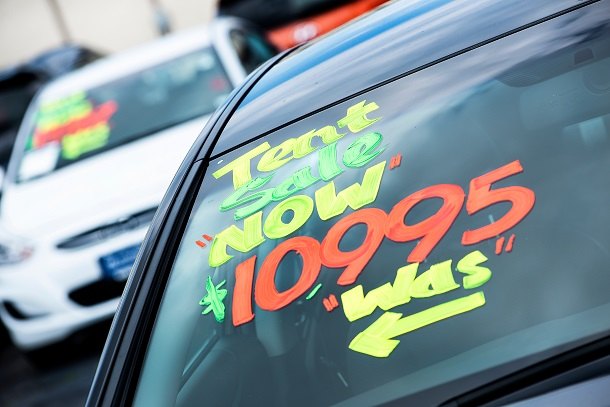
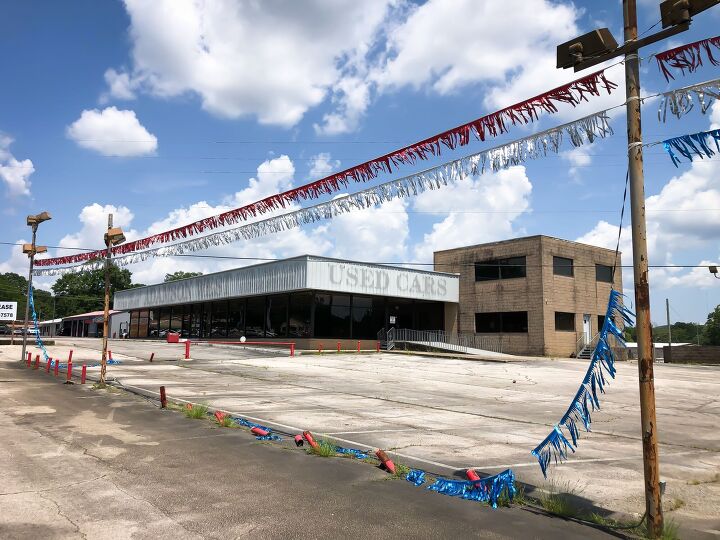
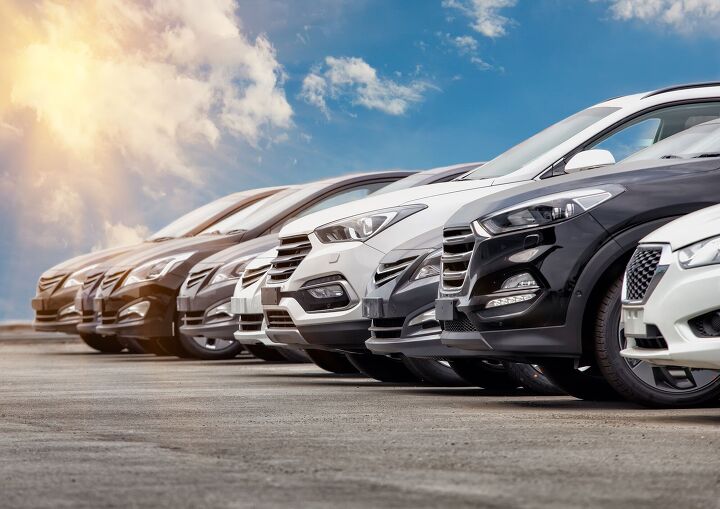
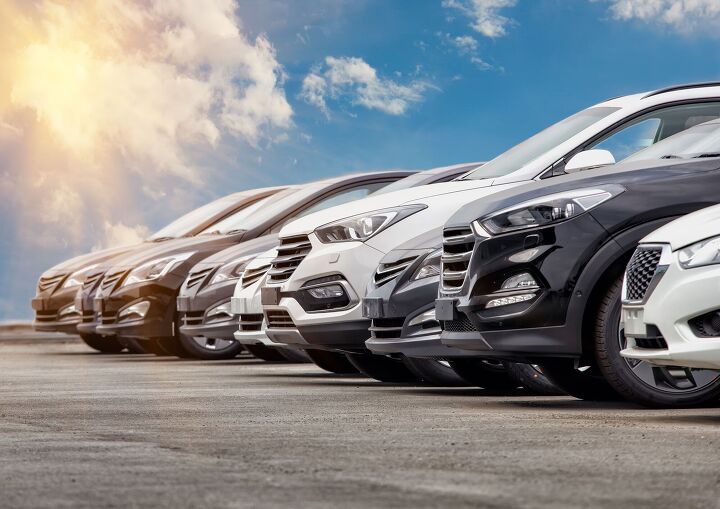
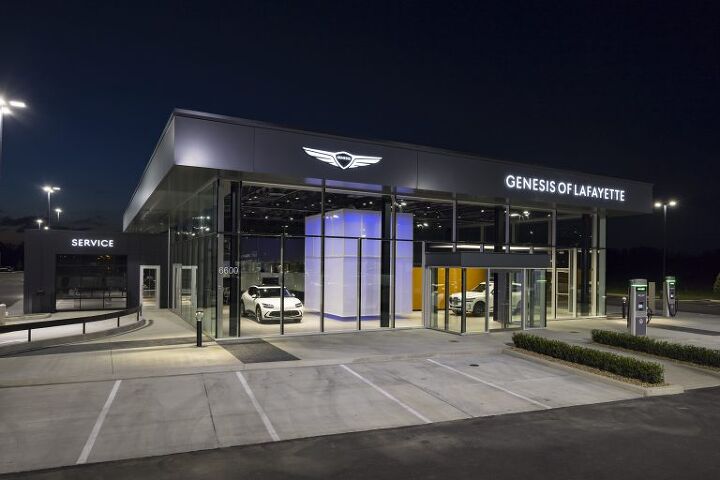

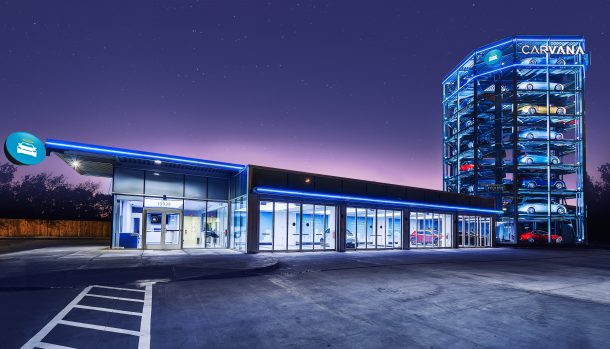
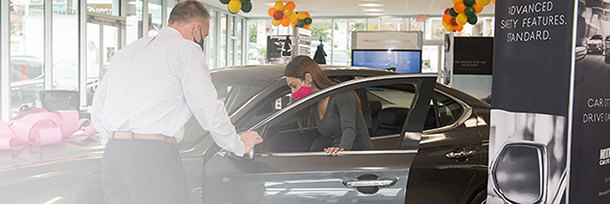
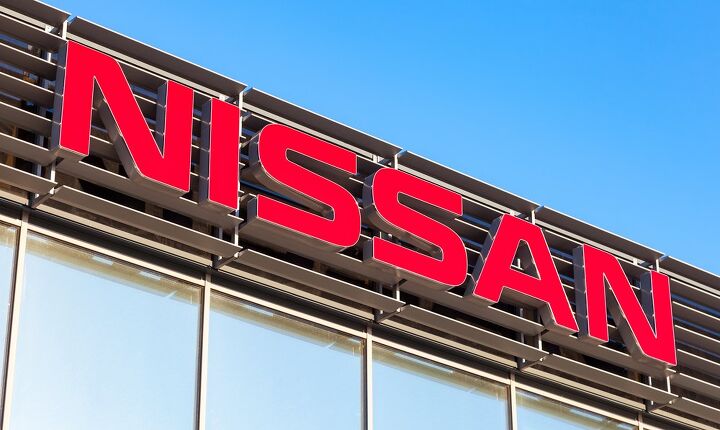


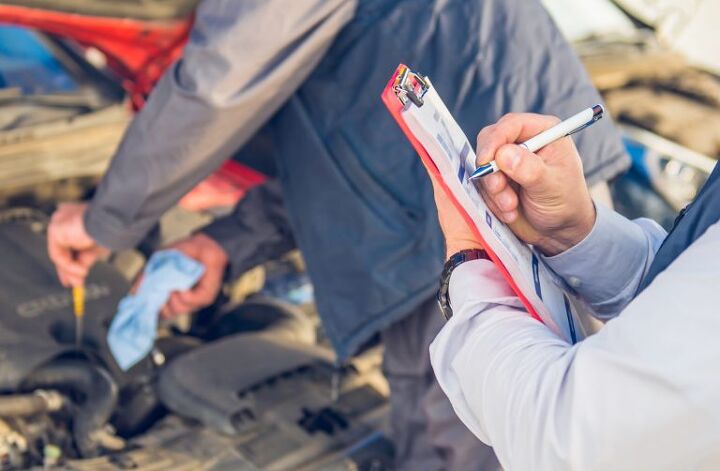
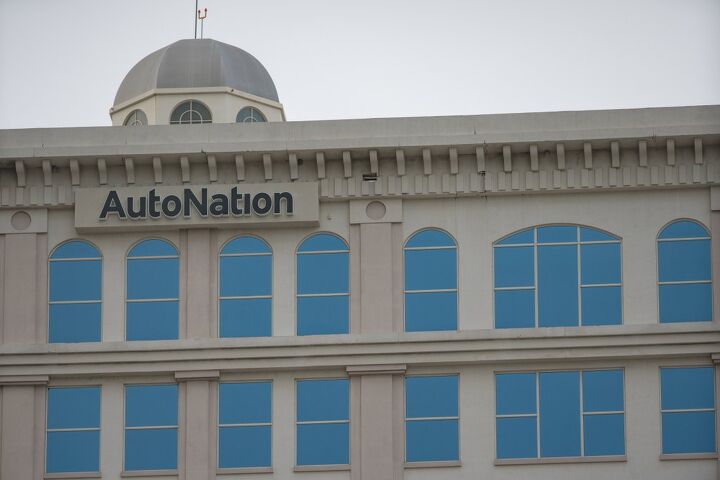













Recent Comments